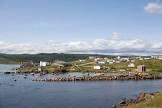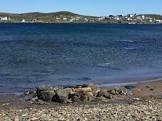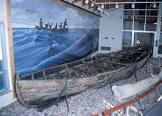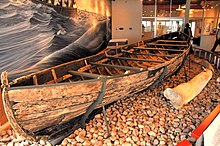Red Bay Basque Whaling Station
Founded by Basque sailors in the 16th century on the shores of the Strait of Belle Isle at the northeastern tip of Canada, Red Bay is an archaeological site that provides the earliest, most complete and best-preserved testimony to Europe’s whaling tradition. Called Gran Baya by its founders in the 1530s, the station was the site of coastal hunting, butchering, extracting blubber for oil production and storing blubber. It became the main source of whale oil, which was shipped to Europe for lighting. The site was used during the summer months and includes remains of oil refineries, barrel making plants, docks, temporary shelters and cemeteries, as well as underwater shipwrecks and whale bone deposits. The station was in use for about 70 years before the local whale population was depleted.
 is near t.jpg)








Poem of the heritage generated by AI
Intangible culture related to the heritage
China tourist attractions related to the heritage
World heritage related to the heritage
Information extracted from Wikidata
| country | Canada |
| image | http://commons.wikimedia.org/wiki/Special:FilePath/Redbay001.jpg |
| located in the administrative territorial entity | Newfoundland and Labrador |
| executive body | Red Bay, Newfoundland and Labrador |
| office held by head of the organization | http://g.co/kg/m/04v8vt |
| Commons category | Red Bay, Newfoundland and Labrador |
| local dialing code | 709 |
| coordinate location | Point(-56.425556 51.731944) |
| elevation above sea level | 10 |
| area | 1.58 |